constipation can be relieved by adjusting diet, increasing exercise, abdominal massage, taking medication, enema, and other methods. Constipation is usually caused by improper diet, lack of exercise, intestinal dysfunction, medication side effects, organic diseases, and other reasons.
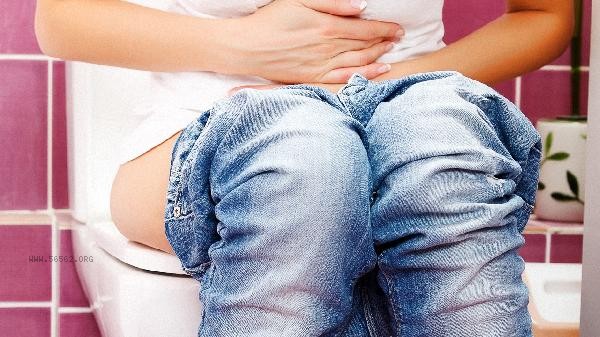
1. Adjust diet
Constipation patients can increase their intake of foods rich in dietary fiber, such as broccoli, oats, dragon fruit, etc., in moderation, which can help promote intestinal peristalsis. Dietary fiber can absorb water and soften feces, while stimulating the intestinal wall to accelerate excretion. Drink warm honey water or diluted salt water in daily life, and avoid eating spicy and irritating foods.
2. Increase Exercise
Moderate brisk walking, yoga and other exercises can enhance abdominal muscle contraction and improve intestinal peristalsis function. It is recommended to maintain 30 minutes of aerobic exercise every day, and to get up and move around every hour when sitting for a long time. The abdominal massage movement in Tai Chi can massage the abdomen clockwise, and the effect is better when combined with deep breathing.
3. Abdominal massage
Take a supine position and bend your knees. Use your palm to perform circular massage along the colon, starting from the lower right abdomen and passing through the navel to the lower left abdomen, for 10 minutes each time. Traditional Chinese massage can choose acupoints such as Tian Shu and Da Heng, and combined with moxibustion at Shen Que, it can warm and unblock meridians. Apply peppermint oil before massage to enhance the stimulating effect.
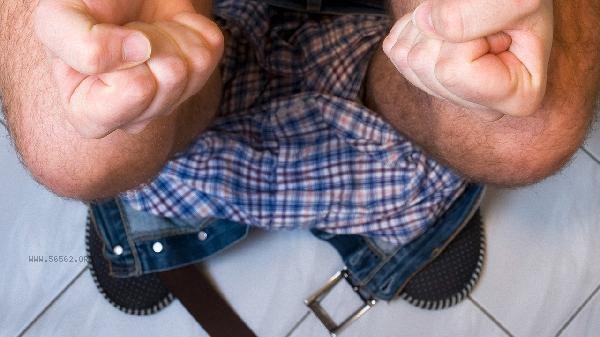
4. Medication
Short term use of lactulose oral solution, Ma Ren Run Chang Wan and other laxatives, and in severe cases, follow the doctor's advice to use glycerin. Traditional Chinese patent medicines and simple preparations, such as Simotang oral liquid, contains woody incense, ebony and other ingredients, which can conduct qi stagnation. Avoid long-term dependence on stimulant laxatives to prevent intestinal melanosis.
5. Enema treatment
For patients with fecal impaction, glycerol enema or saline enema can be used under the guidance of medical staff. This method can quickly soften dry stool, but frequent use may affect gut microbiota. After enema, it is necessary to supplement probiotic preparations to regulate the microecological balance. Constipation patients should develop a habit of regular bowel movements and drink warm water in the morning to stimulate the gastrocolic reflex. Long term constipation should exclude diseases such as hypothyroidism and intestinal obstruction, and colonoscopy should be performed if necessary. Daily exercises such as lifting the anus can enhance pelvic floor muscle strength and avoid excessive force during toileting, which can lead to cardiovascular and cerebrovascular accidents.
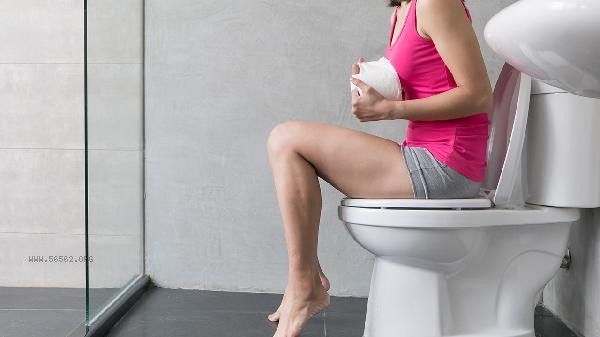

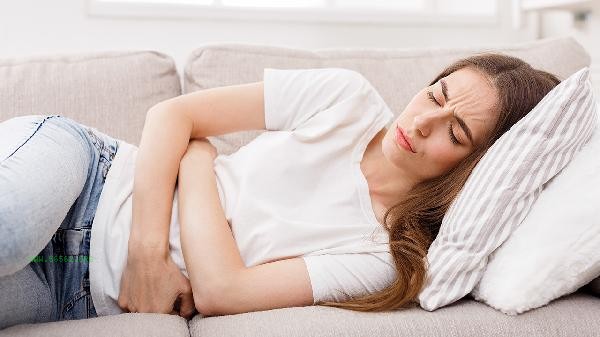
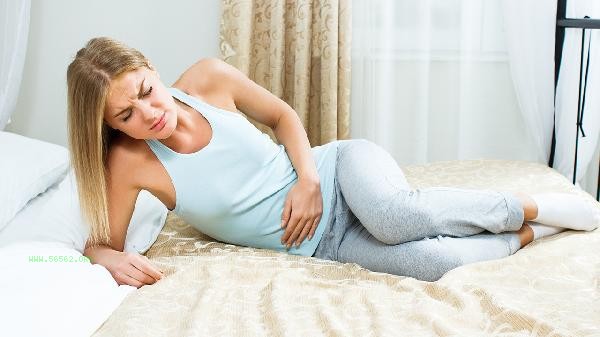
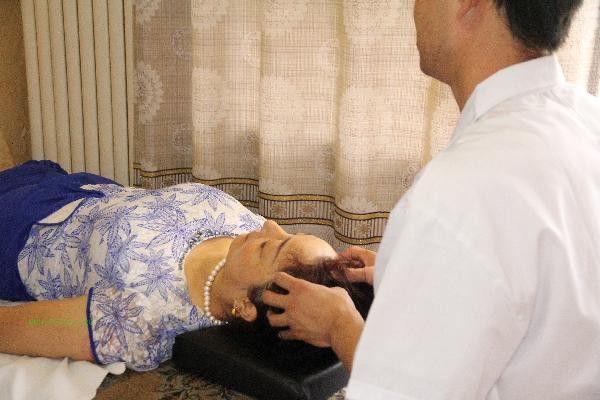



Comments (0)
Leave a Comment
No comments yet
Be the first to share your thoughts!